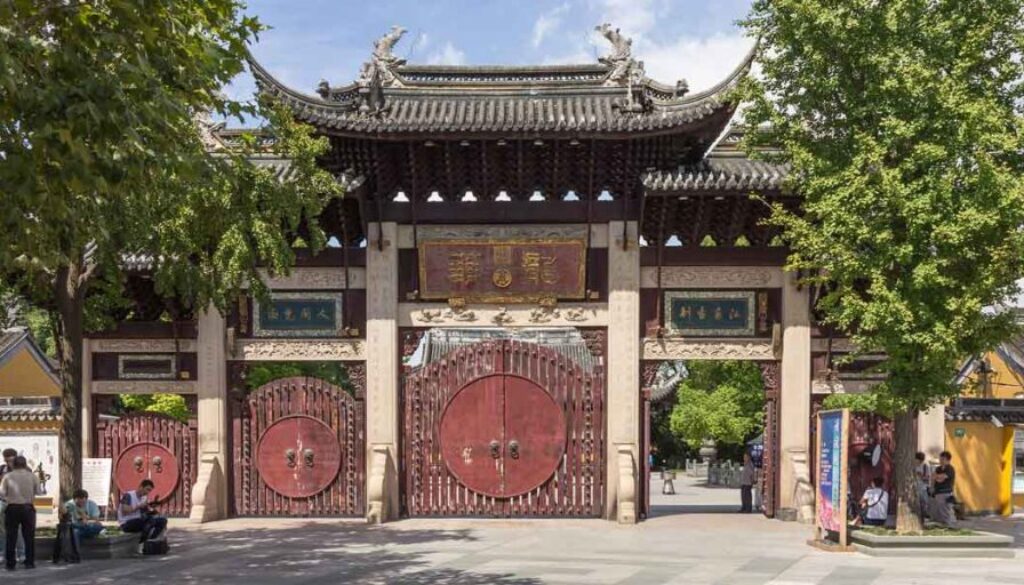White House prepares a plan to incentivize U.S. companies to move factories from China to the Americas
Table of Contents
Contact us if you are seeking to move production from China to Central America
Donald Trump’s government is preparing a new initiative that will use financial incentives to encourage U.S. companies to move factories from China to the Americas. Although the bulk of his administration’s efforts will concentrate on persuading companies to resettle their operations in the United States, the administration also sees the value to be gained by encouraging corporate relocations to neighboring countries in the rest of the Americas.
The project could generate investments from $30 billion to $50 billion in countries in the Americas, as Mauricio Claver-Carone recently told Reuters in an interview. He also added that infrastructure, energy, and transportation could be the first potential areas of focus for investment. Claver-Carone was nominated by President Donald J. Trump on June 16, 2020, to serve as the president of the Inter-American Development Bank (IDB).
A sustained effort to move factories from China to the Americas is required
“We are essentially creating a “Regreso to the Americas” (“Return to the Americas”) initiative,” said Claver-Carone. That would include bringing some outsourced facilities that are currently situated in China back to the United States, as well as installing others in Latin America and the Caribbean countries in an attempt to maximize commercial rapprochement in the region.”
The candidate for the presidency of the IDB did not communicate specific details regarding incentives to move factories from China to the Americas but highlighted the use of a $765 million loan to encourage Eastman Kodak Co. to develop pharmaceuticals in the United States. The US is seeking to develop greater domestic resources to help to combat the coronavirus pandemic and to address future public health issues.
U.S. President Donald Trump has made Buy America’s policies a prominent centerpiece of his administration’s policies since he took office in 2017. Efforts to promote this program have accelerated sharply since the advent of the global turmoil that has been created by the pandemic.
The United States and China signed a trade agreement this past January, but in recent months bilateral tensions have risen over Beijing’s handling of the outbreak, a national security law that limits Hong Kong’s autonomy, and a number of other issues. When taken together, these developments have motivated the present administration to incentivize U.S.-based companies to move factories from China to the Americas.
Claver-Carone went on to assert that the Trump administration had already been working with Latin American and Caribbean countries to help them attract U.S. investors to their shores, but the coronavirus pandemic has slowed the progress made on these efforts. In his conversations with the press, Claver-Caron didn’t mention the name of any particular company or companies with plans to relocate operations.
He said the outbreak had clearly demonstrated the advantages of having suppliers installed closer to the United States than in Asia and stated that a sustained effort to move factories from China to the Americas must be undertaken.
The initiative would not focus on sourcing cheap labor in the Americas but would focus on enacting provisions to protect workers such as those that were included in the trade agreement between the United States, Mexico, and Canada, which took effect on July 1, 2020.
Claver-Carone also said that the administration is seeking an improvement in transparency related to Chinese loans that have been made to Latin American countries in recent years.
He said Ecuador in particular “was unable to move forward and free itself from that unjust debt to China.” Ecuador’s president, Lenín Moreno, has sought to renegotiate the terms of his country’s debt to China, which totaled $6.5 billion in 2018.
China invests heavily in Latin America and has been responsible for more than $40 billion in loans to the region since 2015, according to data from the Inter-American Dialogue. The United States wants to “collaborate” with China to ensure that its lending practices in the region are more transparent.
Strong Support to Lead the IDB
If he wins the September election, Claver-Carone would be the first U.S. candidate to head the Washington-based Inter-American Development Bank (IDB), Latin America’s leading development financial institution.
His candidacy has provoked rejection from some countries and former Latin American leaders, including publicly shared letters signed by former presidents and ministers declaring their opposition.
Claver-Carone, who as one of Trump’s top Latin American advisers has played a key role in initiating punitive action against socialist regimes in Venezuela and Cuba. He has maintained that these measures have had “overwhelming support” from Latin American and Caribbean countries, including Brazil and Colombia, and Ecuador.
He assured that 15 countries in the region have officially supported his candidacy for the leadership of the Inter-American Development Bank and six others, which he did not wish to name, had privately expressed their support.
Contact Us
Please use this form to contact us and we will respond as soon as possible:





